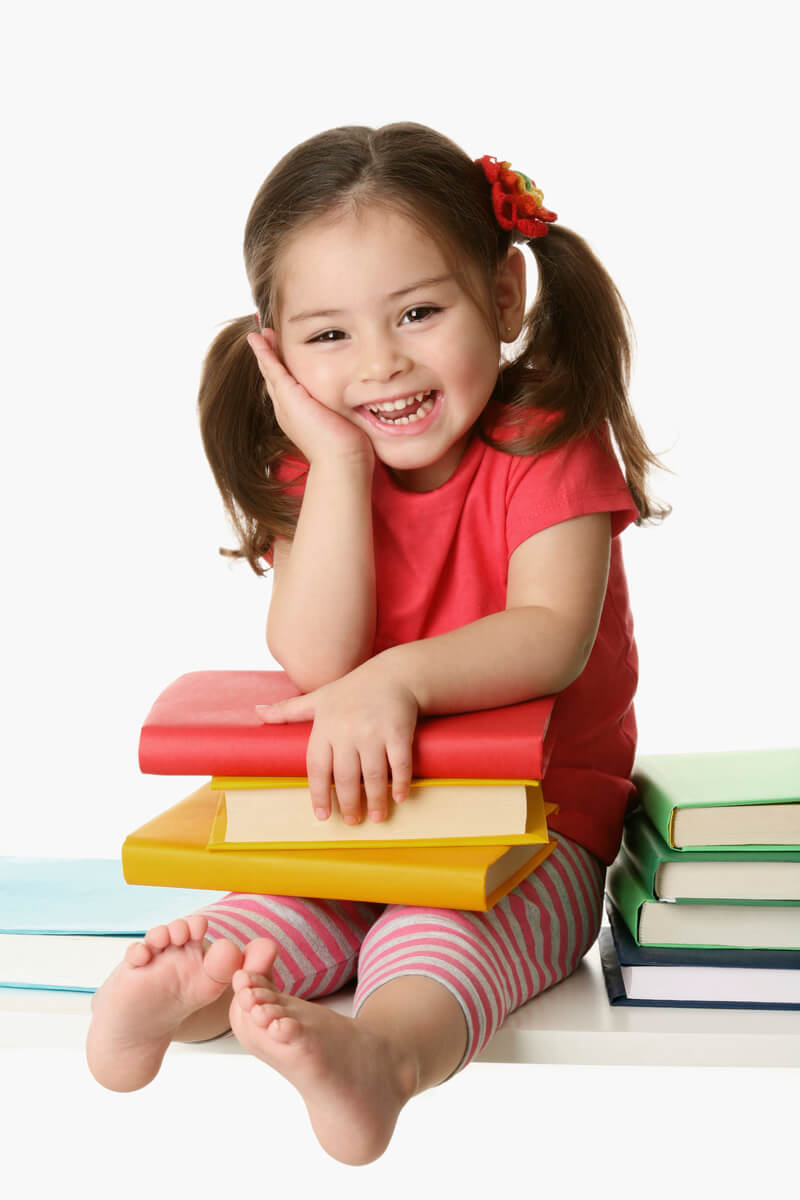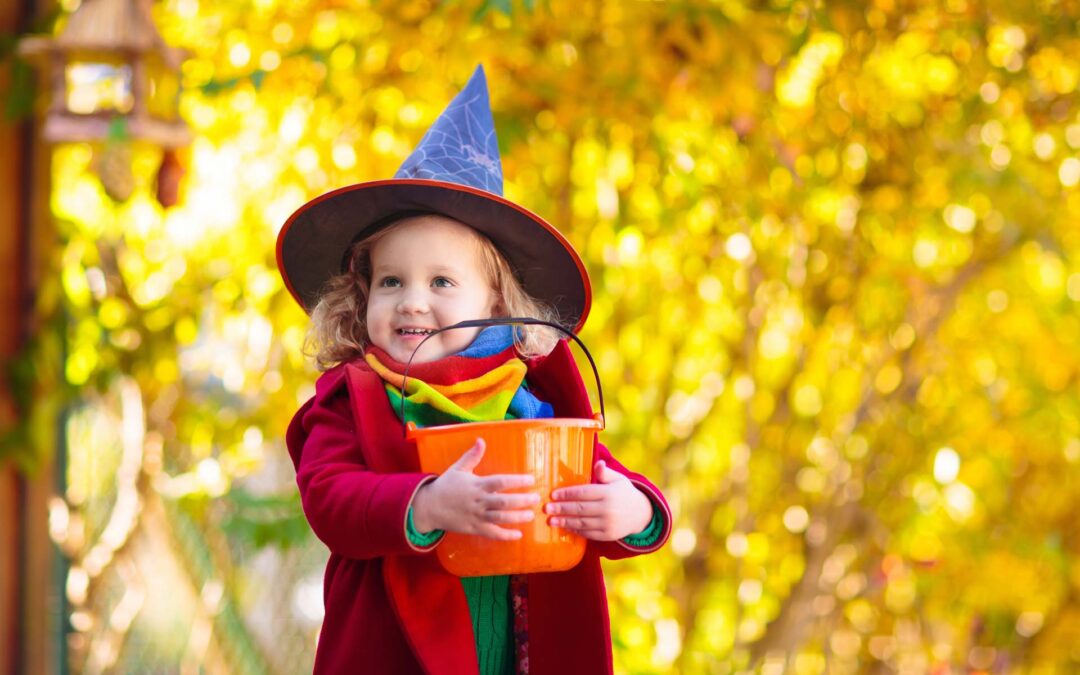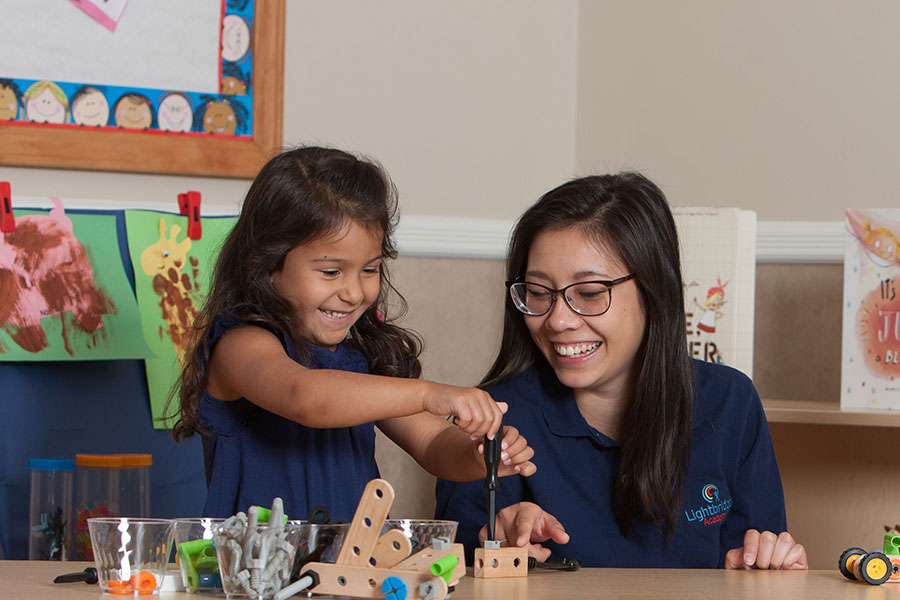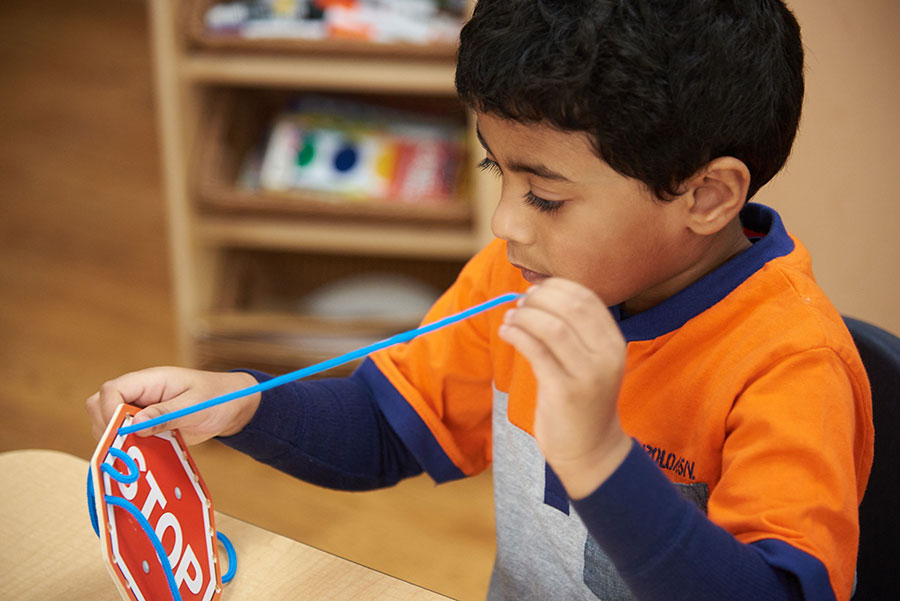Do you have trouble getting your child to cooperate at home? Even simple task such as washing hands and getting dressed in the morning can seem like climbing Mt. Everest with preschoolers! But there is hope. A recent study found that preschool children who have basic routines such as singing songs, sharing stories and eating dinner together with their families, are more likely to be healthier emotionally and socially than children who do not have routines.
Why?
Routines give preschoolers and toddlers a sense of security and help them develop self-discipline.
Since change happens frequently in a young child’s life (new foods, new clothes, new bed, new house, etc.), they can handle change better if it occurs in the context of a familiar routine. Predictable routines serve as a foundation, so when the big changes happen, young children can adjust more easily.
Another developmental benefit to routines: Psychologists say that structure and routines teach children how to control themselves and their environments. This means that children will begin to want structure in their own lives, structure and organization helps things run more easily.
Children cooperate at preschool or their early learning center because they know what’s expected of them. They are used to following basically the same type of routine each day, so they “learn” what they are supposed to be doing without being constantly reminded.
As a result, if you’re consistent at home, your child will be more cooperative. The best way to accomplish this in your home is to choose a few routines that will benefit you and your family and follow through with them. These everyday tasks can be simple. We wash our hands when we come in from outside. Everyone places their shoes by the door. We brush our teeth after breakfast. In time, following these routines will become a habit to your child.
However, it’s difficult to challenge your children to be organized and follow a routine, when you spend each day saying, “Have you seen my keys?” (Smile.) As you begin to implement small changes in your own organization and routine skills, your children will be more likely to follow your lead.
Trying to establish routines for preschoolers and toddlers that actually work may seem like a daunting task in the beginning, but the results will be well worth it!






